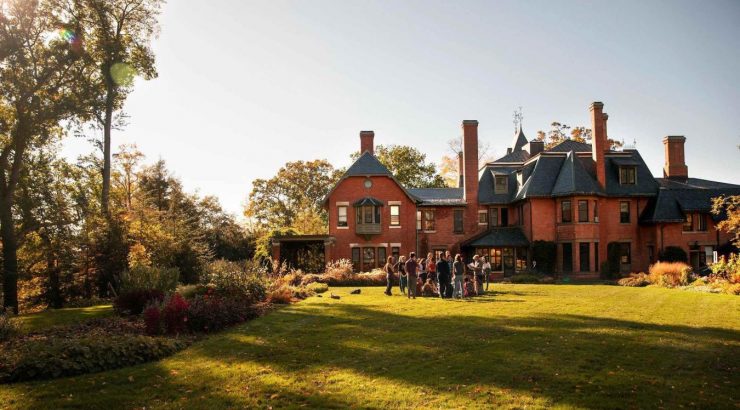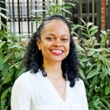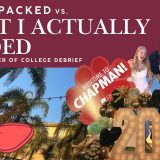
Dr. Angelica Allen Awarded Society Fellowship
July 16, 2024
Dr. Angelica Allen (Africana Studies) was selected to be a Society for the Humanities Residential Fellow at Cornell University for the 2024-25 academic year.

Dr. Angelica Allen
The fellows include scholars and practitioners who all have projects that reflect on the 2024-25 theme of Silence.
Allen’s study is a critical ethnography that focuses on the lived experiences of a community in the Philippines known as the Black Amerasians (a population born from the unions of Black military men and Filipina women). It examines how Black Amerasians define their own identities, and it describes the survival strategies enacted by this community against anti-Blackness.
“I am thrilled to be part of the 2024-25 cohort of this prestigious fellowship. The focal theme is “Silence,” and I will be working on my book manuscript which focuses on the lives of Black Amerasians, the progeny of Black military men and Filipina women living in the Philippines. This is a community that I am both a member of and a scholar to. I am excited as this Fellowship will provide the necessary time to complete my manuscript while providing me the opportunity to teach the important course on the Black Pacific at Cornell University.” – Dr. Allen
The selected fellows will research, write, and collaborate with one another through weekly seminars to workshop each other’s projects and discuss readings based on the yearly theme. They will participate in a productive, critical dialogue concerning the topic of Silence from a variety of disciplinary perspectives. Past fellows are prominent scholars like Fred Moten, Brent Hayes Edwards, and Leslie Alexander.
Silence can serve as a rallying cry and warning, something to heed and listen to. Methodologically, the guiding scholarly question regarding silence is: How does one work with and on a silenced archive, the unarticulated in an artwork, a lost or destroyed document? The means are often speculative, creative, and experimental – a conjuring of voices from the data available, the tracing of lines that can be faintly read. Which raises further questions: What are the ethics of giving voice to the voiceless? How does one faithfully begin to fill in the silences in our histories and stories? And who decides whose story is told and how?
“In the year of silence, we want to attend to what is not there: the absences, the elisions in our sources, our stories, our histories. Silence can assume many forms and valences. As an epistemological lacuna, silence circumscribes the pages and voices excluded from the archives used to define a society, culture, tradition, or canon.” – Cornell University.
Congratulations, Dr. Allen!
(Pictured above: The back of the A.D. White House in Ithaca, New York.)

